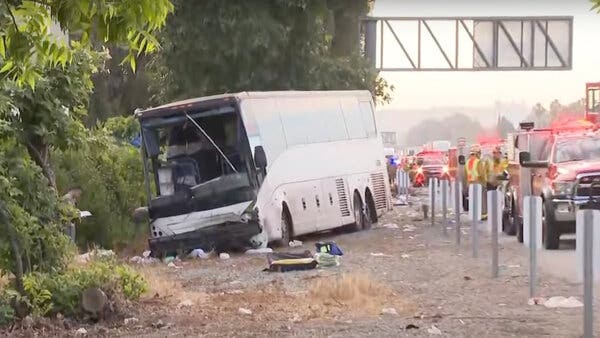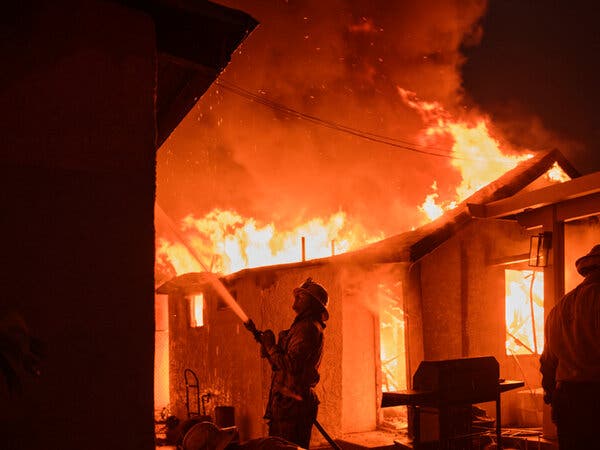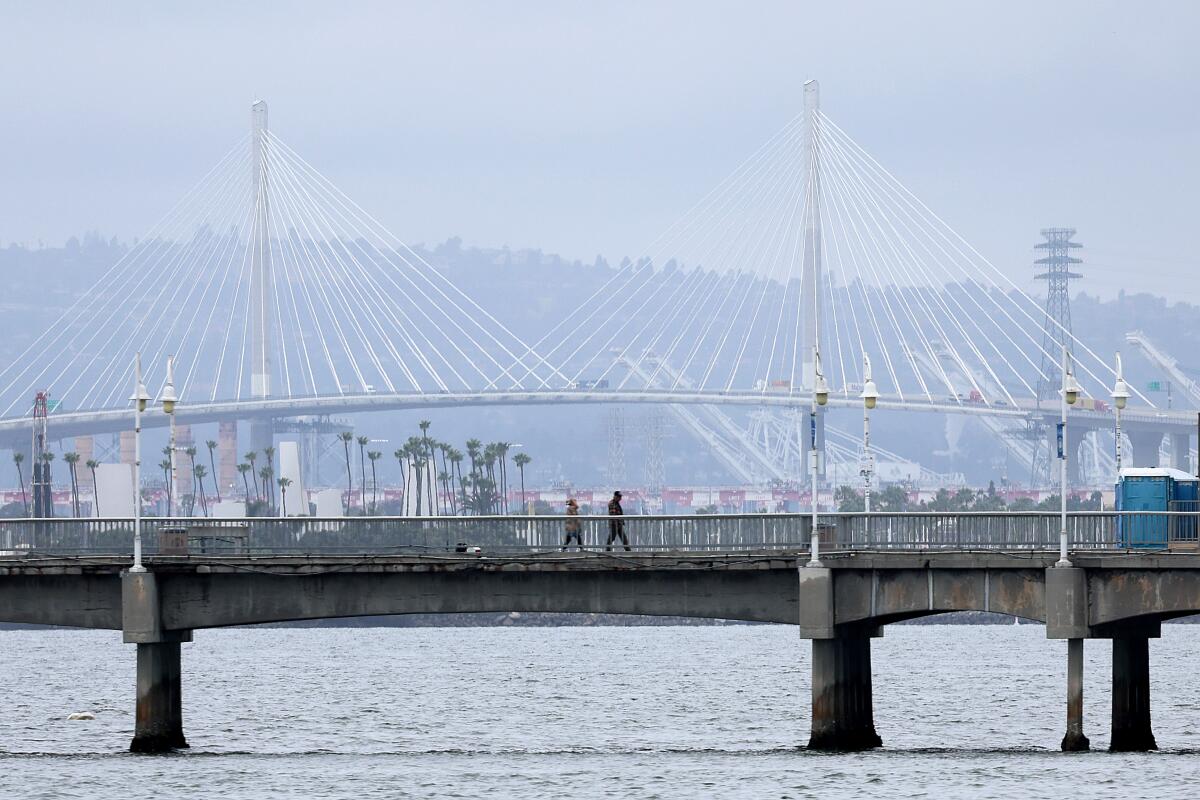Executive Summary
- A California judge issued a temporary restraining order to halt the Trump administration's downsizing of the federal workforce.
- The judge ruled that the President likely needs Congressional approval to order large-scale changes to the federal workforce.
- The lawsuit was filed by labor unions and cities challenging the President's authority to shrink the federal government.
Event Overview
U.S. District Judge Susan Illston in San Francisco issued a temporary restraining order halting President Trump's efforts to drastically reduce the size of the federal government. The order came in response to a lawsuit filed by labor unions and cities, arguing that the President's actions, including an executive order and subsequent memo, were unlawful. The judge stated that while a president can seek changes, it must be done lawfully and with Congressional cooperation. The order is set to expire in 14 days.
Media Coverage Comparison
| Source | Key Angle / Focus | Unique Details Mentioned | Tone |
|---|---|---|---|
| Los Angeles Times | Judge halts Trump's federal workforce downsizing. | Mentions Elon Musk's White House advisory team, DOGE, and gives specific examples of the downsizing effects, such as the mine workers' union poised to lose 221 of 222 workers in its Pittsburgh office and a Vermont farmer's disaster aid inspection delay. | Objective |
Key Details & Data Points
- What: A temporary restraining order was issued to halt the Trump administration's downsizing of the federal workforce.
- Who: U.S. District Judge Susan Illston, President Trump, labor unions, cities (San Francisco, Chicago, Baltimore), American Federation of Government Employees union, Alliance for Retired Americans, Center for Taxpayer Rights, Coalition to Protect America’s National Parks, Elon Musk.
- When: Order issued on Friday, effective for 14 days. Trump's workforce executive order signed in February. HHS announced layoffs in March. Case regarding probationary workers in March.
- Where: San Francisco, California; Washington D.C.; Pittsburgh, Pennsylvania; Vermont.
Key Statistics:
- Key statistic 1: 75,000 federal employees took deferred resignation (as a result of Trump’s government-shrinking efforts)
- Key statistic 2: 10,000 workers at the Department of Health and Human Services faced layoffs (announced in March)
- Key statistic 3: 221 of 222 workers in a mine workers' health hazards research union were poised to lose their jobs (in Pittsburgh office)
Analysis & Context
The judge's decision highlights the legal challenges to the Trump administration's efforts to reshape the federal government. The core issue is whether the President can unilaterally implement such significant workforce reductions or if Congressional approval is required. The examples provided in the ruling, such as the potential loss of health hazard researchers and the delay in disaster aid for a farmer, illustrate the potential impact of the downsizing on public services and individual citizens. The mention of Elon Musk's involvement through DOGE adds a layer of political complexity.
Notable Quotes
The Court holds the President likely must request Congressional cooperation to order the changes he seeks, and thus issues a temporary restraining order to pause large-scale reductions in force in the meantime.
But he must do so in lawful ways. He must do so with the cooperation of Congress; the Constitution is structured that way.
It expressly invites comments and proposals for legislative engagement as part of policies that those agencies wish to implement. It is setting out guidance.
They are not waiting for these planning documents to go through long processes. They’re not asking for approval, and they’re not waiting for it.
Conclusion
The temporary restraining order represents a significant setback for the Trump administration's efforts to shrink the federal government. The legal challenge underscores the ongoing debate about the balance of power between the executive and legislative branches. The future of the workforce reductions remains uncertain, pending further legal proceedings and potential Congressional action. The ruling highlights the potential impact of these policies on essential government services and the lives of ordinary citizens.
Disclaimer: This article was generated by an AI system that synthesizes information from multiple news sources. While efforts are made to ensure accuracy and objectivity, reporting nuances, potential biases, or errors from original sources may be reflected. The information presented here is for informational purposes and should be verified with primary sources, especially for critical decisions.









